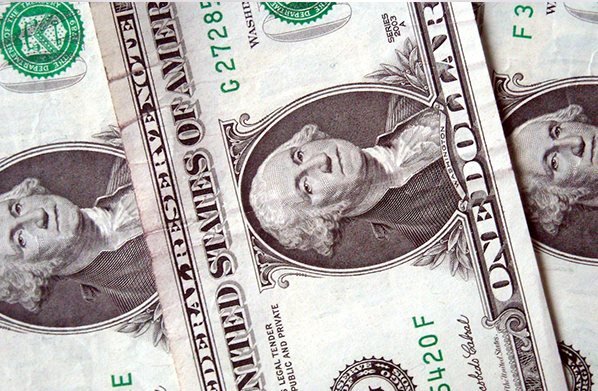Do you want to be a millionaire? From game shows to reality TV shows, Americans are obsessed with the lifestyles of the rich and famous.
Remember Robin Leach giving us “champagne wishes and caviar dreams” come true through his show “Lifestyles of the Rich and Famous”? “MTV Cribs” crashed onto the scene in the ‘90s and ‘00s giving young people tours of the homes their favorite artists, sports players, and celebrities.
And let’s not forget the dominance of Bentleys and wads of cash in countless music videos as bikini-clad models danced poolside behind spectacular mansions.
“Housewives of Atlanta” and “Apprentice” star Nene Lekes coined the phrase “I’m rich b****!” to encapsulate mantra of flaunting among new moneyed celebrities.
As it turns out, most wealthy Americans, don’t like to be considered wealthy and would rather hide their economic status, according to a new survey. A CNBC surveys finds that 44 percent of millionaires worth $1 million or more (our richest 10 percent) describe themselves as middle class, and 40 percent say they are upper middle class. Only 9 percent describe themselves as rich or upper class. If this is because of modesty, that is a good thing.
Very little changes when we climb the ladder as those worth $5 million or more (the wealthiest 5 percent) maintain consistent views although more (49 percent) describe themselves as upper middle class whereas 23 percent define themselves as middle class. Eleven percent define themselves as rich or wealthy.
If this is because of modesty, that is a good thing. But it is more likely because of a new trend: rich shaming. It doesn’t pay to be wealthy in public anymore. The class warfare promoted by President Obama and the progressives is a factor. Even (or especially) people who came from modest circumstances, made their money honestly and on their own and do good things for others feel the brunt of rich shaming.
CNBC reports:
Wealth experts say the findings stem partly from the psychology of today's wealthy and partly from the growing economic divide between the super rich and the merely wealthy.
Studies show that more than three-quarters of today's millionaires made their money themselves and started out in the middle class or lower. Wealth experts say these self-made millionaires may still see themselves as having middle-class values of hard work, humility and family despite their increased wealth.
Today's wealthy, like many Americans, also look up the economic ladder when comparing themselves to others rather than down. And the super rich are far outpacing millionaires when it comes to wealth creation, making the mere millionaires feel like the middle class by comparison.
The head of the group that conducted the survey point to hostility toward today’s rich as a reason the wealthy don’t want that label. He notes that the majority of wealthy Americans don’t want you to know that are for fear of becoming a target of shame or perhaps taxation.
In 2011 we saw the emergence of Occupy Wall Street, a protest movement that claimed to represent the 99 percent of Americans in the U.S. Occupy changed the narrative by playing up income inequality between the wealthiest 1 percent and the rest of the population.
President Obama and those on the left ran with this populist sentiment – even though some were very rich (it’s more okay to be rich if you wear the right political opinions).
Hillary Clinton tried to distance herself from her wealth in an epic fail with the launch of her book last year when she disclosed that she and former President Bill were “flat broke” when they left the White House. No tears were shed on her poor behalf.
The champion of Occupy Wall Street, Senator Elizabeth Warren, stays mum on her own amassed fortune of $8.75 million.
But there may be another reason that the rich often self-identify as middle class. Here’s a hypothesis: depending on where you live, you might be so surrounded by rich people that you don’t notice that you are rich. Concentrations of wealthy Americans are in expensive urban areas such New York City, Los Angeles, San Francisco, Washington, D.C., and Miami. Between high mortgages, high state and property taxes, expensive (private) schools for kids, and college tuitions, the top 10 percent may see their net worth eaten up rather quickly.


